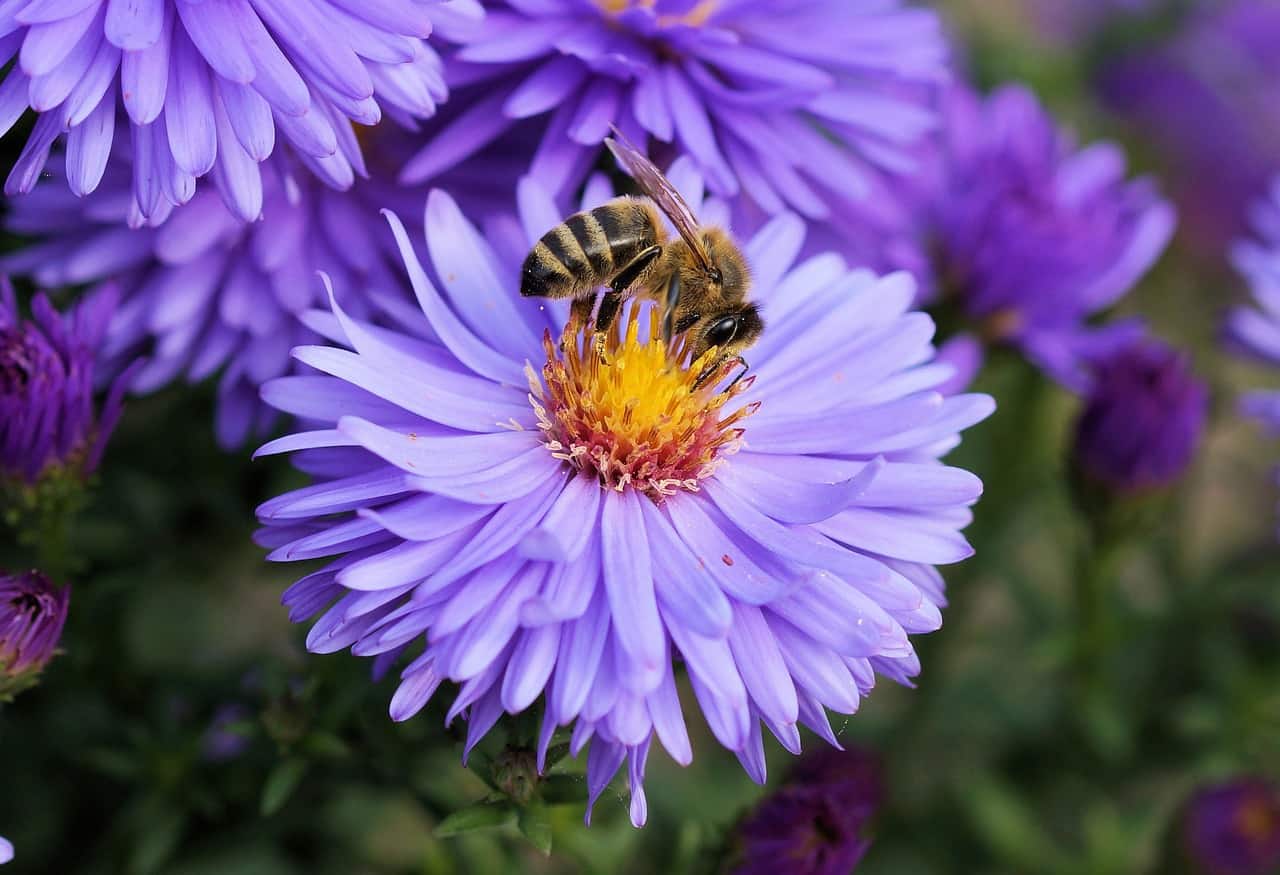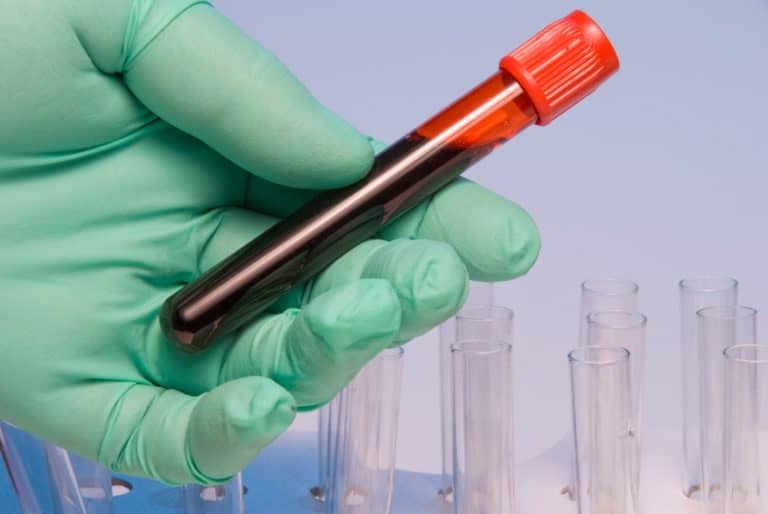A beehive compound used by honeybees appears to contain cancer fighting properties, according to a research team at the University of Chicago Medicine. The compound, known as propolis, is used by the bees to patch up damage to their hives. Following studies with mice and the growth of tumors, the research team reports that a substance derived from bee propolis – called caffeic acid phenethyl ester (CAPE) – can stop the growth of early-stage prostate cancer.
Propolis is a mixture of beeswax and other secretions with resins that bees gather from conifer and poplar trees. People have used bee propolis for centuries as a remedy for a wide range of ailments, from wounds to acne and cancer. Both propolis and another bee-related substance, bee pollen, are highly valued for their healing qualities and benefits.
According to the study’s senior author Richard B. Jones, PhD, assistant professor in the Ben May Department for Cancer Research and Institute for Genomics and Systems Biology, “If you feed CAPE to mice daily, their tumors will stop growing. After several weeks, if you stop the treatment, the tumors will begin to grow again at their original pace.”
The propolis-derived compound was tested on various cancer cell lines as well as on human prostate tumors grafted into mice. Six weeks of treatment with CAPE reduced tumor volume growth rate by 50%.
The researchers then used an innovative testing technique to analyze the impact of CAPE treatment and found that “CAPE basically stops the ability of prostate cancer cells to sense that there’s nutrition available,” noted Jones. CAPE could be a promising treatment to accompany chemotherapies designed to kill tumor cells.
Read more in our Prostate Cancer Health Center.
Reference
Chuu CP et al. Caffeic acid phenethyl ester suppresses the proliferation of human prostate cancer cells through inhibition of p70S6K and Akt signaling networks. Cancer Prevention Research (Phila) 2012 May; 5(5): 788-97







